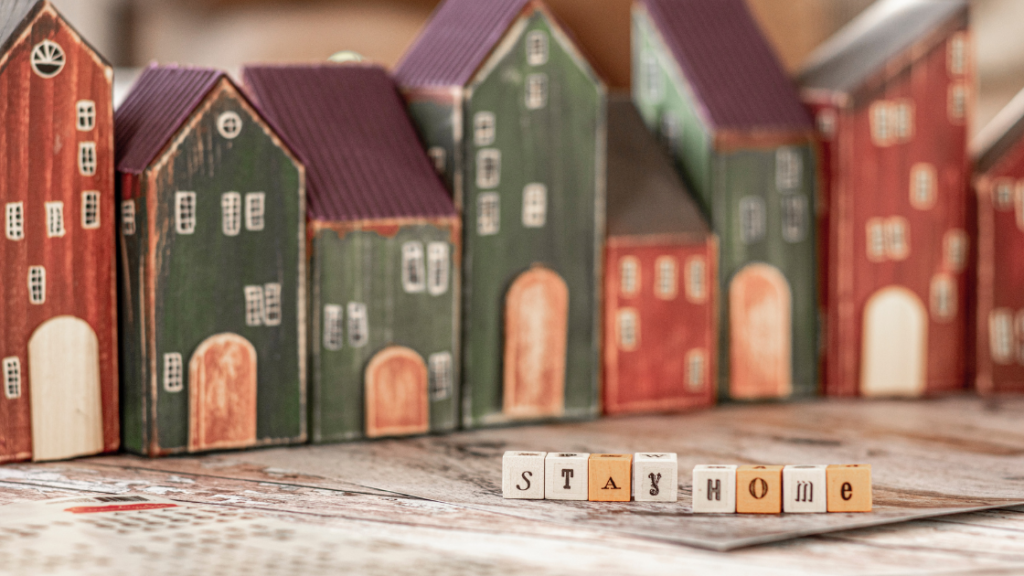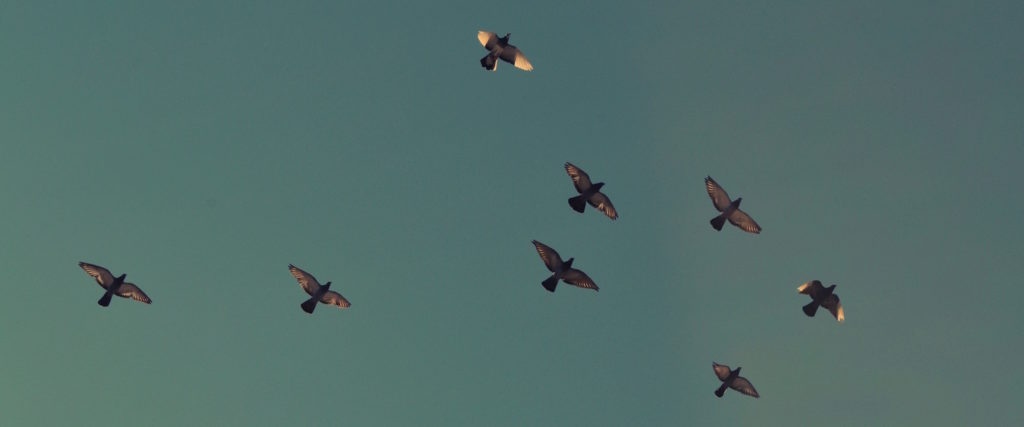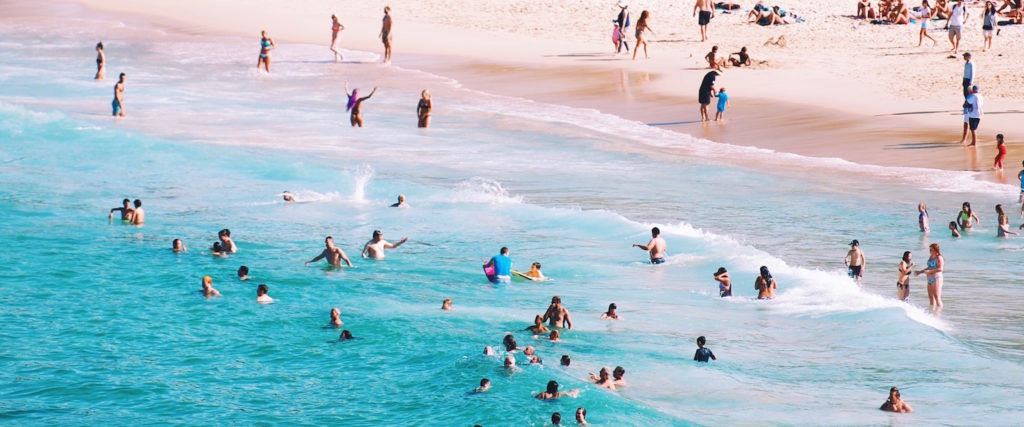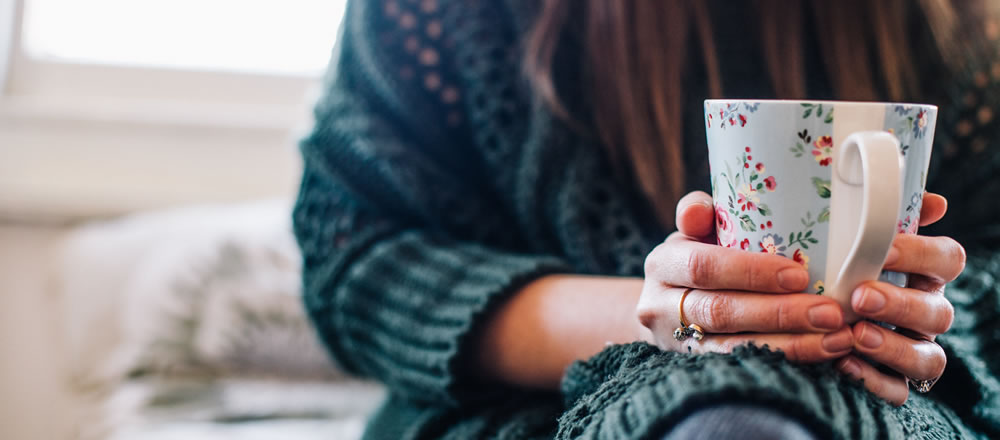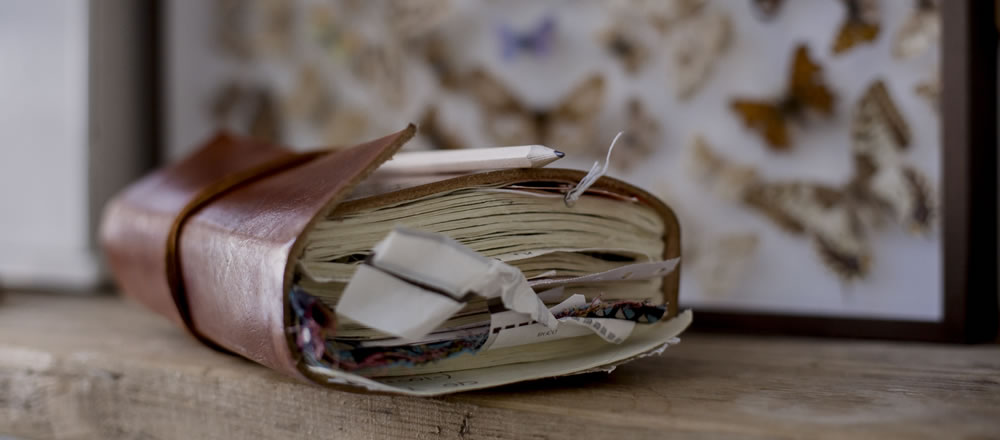One film I occasionally watch when it pops up on television or a streaming service is Ground Hog Day. In the film, Bill Murray (Phil Connors in the movie) navigates being caught in a repetitive time loop of a day that goes wrong, a day where he could have made better choices, been a better person. Finally, after some self-indulgent behaviour, Bill gets it and realises that if he changes he can get himself out of this loop, this constantly repeating day. It is a film that makes me laugh. At least it did until I got caught up in my own repeating loop of lockdowns in Sydney.
Admittedly, like many, I don’t have control over all that is happening in my world at present. As we enter into further restrictions, varying depending on which local government area or state you live in, it is hard not feel a little disheartened. Generally, it is important to maintain and enhance positive emotions for our wellbeing. Living in lockdown, it is even more essential to prioritise positivity.
“Prioritising positivity means designing and/or organising your daily life to maximise the experience of positive emotions. Research has shown that people who put themselves in situations or contexts where they are likely to experience a range of positive emotions are more likely to feel happier and experience fewer depressive symptoms. Another form of prioritising positivity is known as “pleasant event scheduling”, such a playing with pets” (Green, 2019).
So coming back to the film, I took a lesson from Bill and looked at what I’ve learnt from my lockdown experiences – what kept me buoyant, what bad habits I could ditch, and what I can do this time around that has been proven to increase positivity. Here is some of what has helped me and I hope may help you.
Keep moving
Feeling sluggish in lockdown is not unusual. Remaining inside in line with imposed health restrictions, devoid of our normal opportunities to exercise, it is easy to become inactive. Hours at home either at your work computer, or on the couch binging on your latest favourite series, can certainly bring the energy level down.
Weeks without my regular swimming practice doesn’t help my wellbeing; I need a regular physical exercise routine to keep me moving, to get some oxygen into my blood stream. I set aside time each day to walk, walk, walk to take up my sixty minutes out-of-the-house exercise allocation. Not only am I feeling better and having my curiosity sparked, I am getting to know my neighbourhood better and enjoying the various architectural and horticultural gems I discover along the way. Dog walkers will totally understand this experience.
If you are unable to leave the house, check out online exercise or yoga classes – there are plenty of them available. And remember, exercise has many of the same benefits for depression or anxiety as medication.
Stay connected
Many of us are presently at home with partners and family, or indeed living alone, and removed from the contact with our regular social circles, with our friends and extended family members. We are social animals and as such have a need for connection. Nurturing positive relationships with others is important for our wellbeing.
During lockdown, I find it helpful to do regular check-ins with my friends and close contacts. I get to know how they are travelling, what their particular challenges are, and what strategies they are employing to deal with our restricted lifestyle. And the check-ins let me to share my experiences and broadens my currently limited horizons.
Making regular contact lightens the load of isolation. It grants us an opportunity to reminisce and savour the joys of life, have a laugh, and overall, to increase our positivity.
Choose your news and limit it
I am a news fanatic and like to follow what’s happening in different parts of the world, in different social and political spheres. Over the last lockdowns, and early into this one, I found myself watching and listening to too much television and radio news updates. Often the same statistics and stories about the pandemic endlessly repeated. A COVID news loop.
My partner finally said to me, “Enough, you’re not doing yourself any favours with all this news. You’re just heightening your anxiety.” So I cut back, limited my news intake, and returned to my ‘to be read’ book pile. I got back to doing something I love – reading.
If you’ve been consumed by the news and/or social media, introduce some “pleasant event scheduling”. Return to doing other things that bring you joy – cooking, knitting, gardening, painting, listening to music, the list goes on – to enhance your positivity.
Such a move ensures you have more to discuss with others when you do your regular check-ins. Remember, there was a time pre-COVID when we engaged in broader topics of conversation!
Use your time productively
At my house, there are many tasks awaiting my attention – an overstuffed cupboard that requires clearing, numerous book piles that need sorting into some sort of yet-to-be-determined order, my yearly tax return, a garden shed full of unknown surprises – I could go on. You get the picture and I’m sure you could match me one-for-one.
These lockdown restrictions have provided an opportunity for us to take time to do long-standing tasks or activities. Not so they become chores, rather that they become achievements of time well spent during the pandemic. A COVID bonus if your like. For me last year it was tackling a neglected garden and reinvigorating my back yard.
This is a chance to set a plan to use your time beneficially and have something positive to look forward to – and back on – as time well spent in lockdown.
Be kind to yourself and others
Last, but not least, be kind. Kindness boosts our levels of wellbeing and has a positive impact on self and others. There is much uncertainty swirling around us at the moment and it is easy to get caught up in the vortex. Maybe you’re late on a deadline, or forgot to undertake a particular task, or get cranky when someone doesn’t call you back – all perfectly understandable with so many things competing for our attention as we adapt to the ‘new normal’. Nonetheless it is a good time to lower your expectations a little and relax. After all, in life’s big picture do these things really matter?
Time to give yourself, and others, a break and employ kindness instead of criticism. Because deep down you know we are all really just doing our best in these strange and extraordinary times.
And if all else fails, just watch a movie – but maybe not Ground Hog Day. Stay safe and strong and reach out if you need support.
REFERENCES:
Green, Suzy (2019). The Positivity Prescription. Sydney: Dr. Suzy Green
© First published via the Mannaz Journal – reprinted here with permission.
About the Author: Julie Regan
